
Governance on Hold: Tinubu’s Presidency Remains Stuck in Campaign Mode
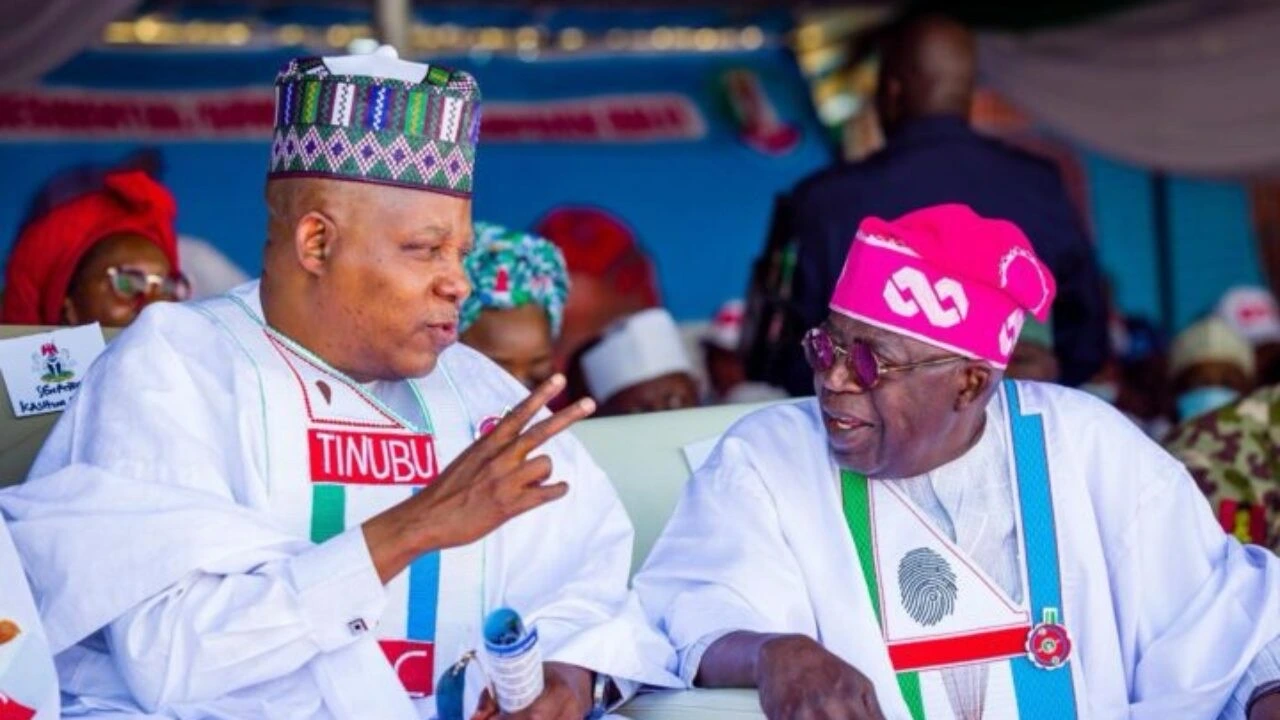
Over two years into the regime of Bola Tinubu, frustration is boiling over among Nigerians who say their president has increasingly abandoned the urgent business of governance in favour of petty political feuds, self-congratulation, and a relentless obsession with opposition figures, particularly the Labour Party’s Peter Obi.
Despite a flurry of reforms hailed by foreign institutions, many Nigerians are living in one of the harshest and most unforgiving periods in the country’s modern history. The economy is unstable, insecurity remains widespread, institutions are collapsing, and yet, President Tinubu appears to be more focused on political point-scoring than delivering real relief to the population.
Tinubu entered Aso Rock with the swagger of a long-time powerbroker and the urgency of a man with something to prove. On his very first day in office, he ended fuel subsidies without warning or a transition plan, triggering nationwide panic and skyrocketing transport and food costs. Soon after, he floated the naira, creating a turbulent forex market that sent the currency crashing and inflation soaring to over 30 per cent.
Overnight, the cost of living doubled for millions. Bread, rice, transportation, and medicine all became unaffordable. Yet the presidency celebrated these moves as “bold,” claiming that the “short-term pain” was necessary for long-term gain.
However, more than two years later, the pain has lingered, and the promised gains remain largely theoretical.
People can’t eat theory. Salaries have not changed. But everything else has. What do you call this kind of governance?
The Tinubu administration rolled out tokenistic cash transfers and student loans, but these initiatives are more performative than impactful. A report noted that over 70 per cent of the so-called “relief” measures either stalled, failed to reach the intended beneficiaries, or were riddled with bureaucratic inefficiencies.
Obsession with Opposition: Peter Obi, Atiku, and the Politics of Distraction
While Nigerians battle hunger, joblessness, and insecurity, Tinubu’s media team and spokespersons have seemingly focused more on responding to critics and dragging Peter Obi at every opportunity.
Every comment made by Obi, from economic analysis to electoral criticism, has drawn a response from the presidency, often sharper than those given in response to actual national crises. Presidential aides appear to spend more time drafting rebuttals to opposition figures than addressing policy failures.
It’s almost as if Peter Obi is the shadow president. They react to his every word, while insecurity, inflation, and institutional collapse get brushed aside.
Even Atiku Abubakar has not been spared, with APC officials suggesting that the former vice president is “desperate” and “unpatriotic” for aligning with Obi in opposition coalitions ahead of the 2027 elections.
The Coalition of United Political Parties (CUPP) has gone as far as calling Tinubu’s regime “the worst in Nigeria’s history,” accusing the government of weaponising state institutions to target dissent and consolidate power.
Despite reshuffling the country’s top security brass, Tinubu’s regime has failed to address Nigeria’s worsening insecurity meaningfully. In the North-East, terrorist groups like Boko Haram and ISWAP continue to wreak havoc. In the North-West, bandits have turned rural towns into cash-out zones. In the South-East, IPOB-linked unrest remains unresolved. In the Middle Belt, militia killings persist.
According to Amnesty International, over 10,000 people have been killed due to violence and insecurity since Tinubu took office.
And yet, the regime’s tone remains triumphalist, security briefings often contain phrases like “we are winning the war,” even as communities are razed and civilians displaced.
In the Rivers State political crisis, Tinubu-backed forces orchestrated the near ousting of Governor Siminalayi Fubara. When Fubara resisted, the federal government installed a loyalist faction, bypassing due process and drawing heavy criticism for meddling in state politics. Legal experts and political commentators alike viewed the move as a dangerous overreach, a federal power grab reminiscent of military-era politics.
Tinubu has also appointed loyalists to nearly every significant federal agency, from the EFCC to the CBN, with multiple sackings and suspensions raising concerns about cronyism and unchecked executive power.
Institutions are being weakened, not strengthened. We’re seeing a government that rewards loyalty over competence, and that’s dangerous for our democracy.
The Cult of Tinubu: Propaganda Over Performance
The regime’s communication strategy leans heavily into personality cult-building. Billboards across the country read “Renewed Hope”, yet for many Nigerians, hope feels more distant than ever. Pro-government influencers and media houses paint the president as a visionary reformer, while dissenting voices are labelled as enemies of progress.
In May 2025, the government marked two years in office with celebrations, concerts, and glossy pamphlets, even as the National Bureau of Statistics reported a 62 per cent poverty rate.
The government is gaslighting the entire nation. They are told things are getting better, but Nigerians can see they’re not. Who exactly is this hope being renewed for?
President Bola Tinubu came into office with promises of fixing Nigeria’s economy, restoring investor confidence, and delivering good governance. Instead, many citizens now see a presidency that is thin-skinned, distracted, and increasingly authoritarian.
While the regime claps for itself, the average Nigerian is left asking:
When will the real work begin?
As the 2027 elections draw closer, Tinubu’s continued fixation on political opponents and neglect of core governance responsibilities could turn public frustration into full-blown resistance.
The question now is no longer whether Tinubu has a plan, it’s whether he even remembers why he was elected in the first place.
About The Author
Related Articles
Trump’s Greenland Threat Forces Europe to Taste the Logic of Western Colonial Power
It rarely begins with soldiers. More often, it begins with a sentence,...
ByWest Africa WeeklyJanuary 21, 2026Surviving Poverty Through Pollution: A Day in the Life of Adamawa Bola Boys
Before leaving Lagos, I was sure that I had left behind memories like...
ByBankole Taiwo JamesNovember 20, 2025The Nobel Peace Prize: A Weapon of Western Hegemony
From Dynamite to Diplomacy, the Birth of a Paradox Alfred Nobel, the...
ByAbdirahman Mohamed AhmedOctober 13, 2025Everything You Know About Africa Might Be a Lie: The Scripted Continent and How the West Engineered Its Story Before It Happened
What if the negative perceptions surrounding Africa are not simply organic but...
ByWest Africa WeeklySeptember 20, 2025


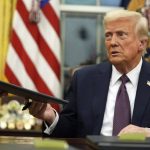
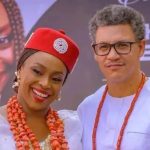



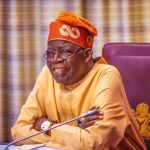
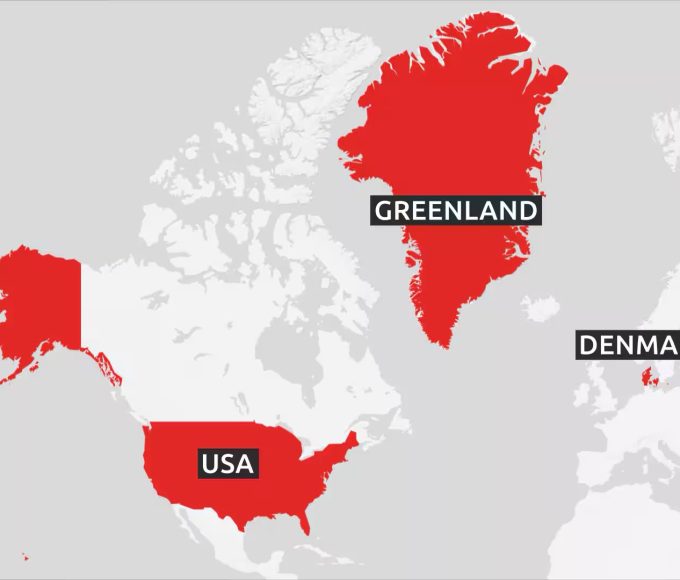
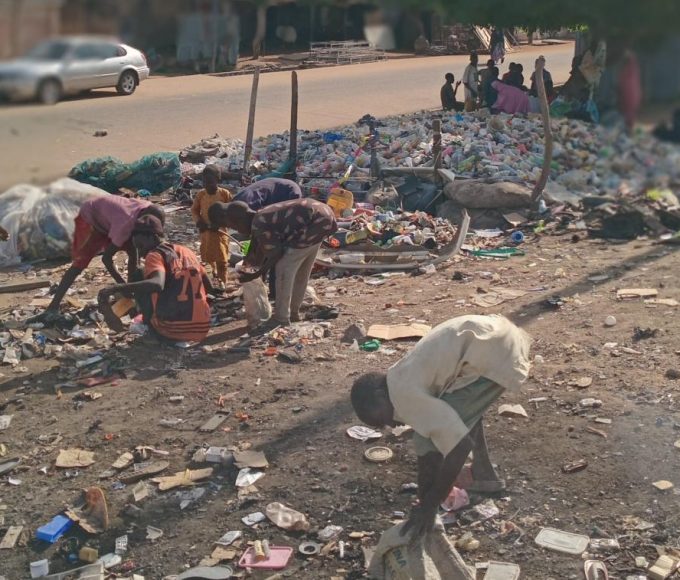

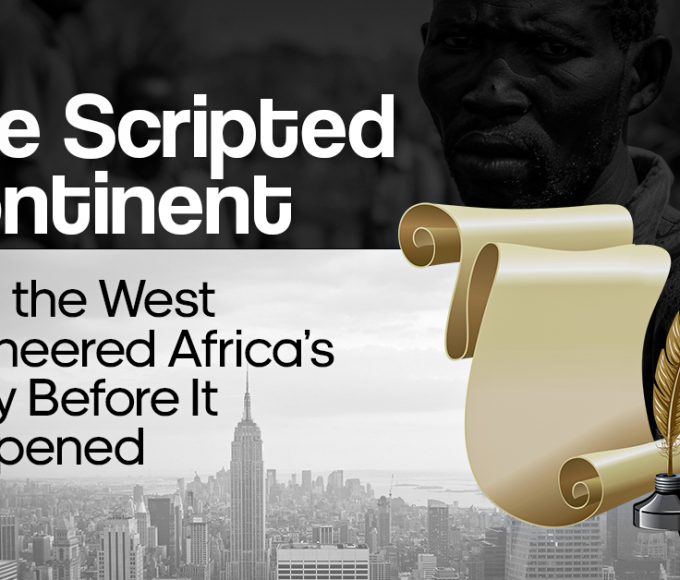
Leave a comment